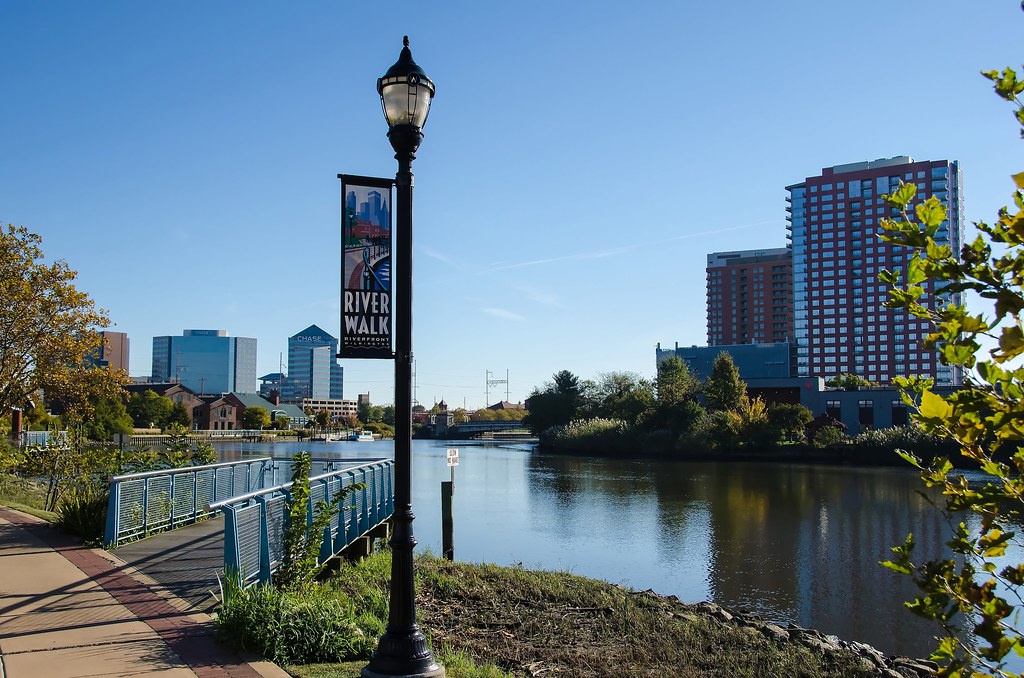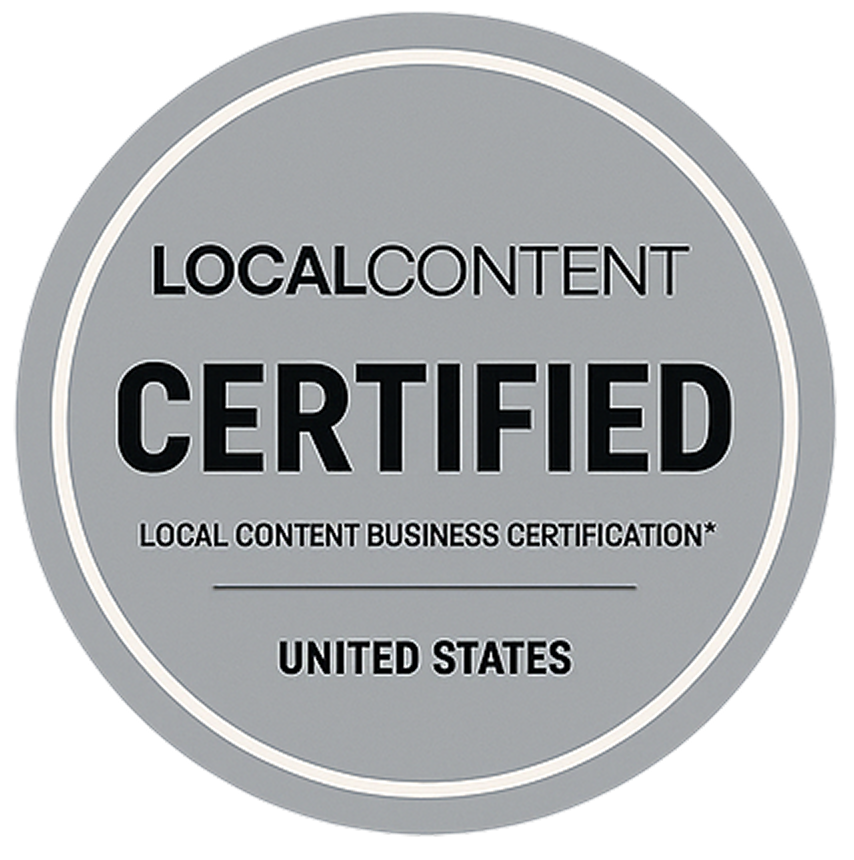Harnessing the Economic Power of Local Content Policies in Education and Nonprofits

(Local Content) – Local content policy requirements are not new; they have long played a crucial role in the education and nonprofit sectors. However, this is a critical time for community and business professionals in these industries to fully embrace and integrate local content policies. By doing so, they can enhance the quality of life for the youth and adults they serve, driving positive change and fostering long-term economic and workforce development. Embracing these policies ensures that local communities benefit equitably, creating opportunities for growth and empowerment across generations.
I. Newark Community Impact Partnership – Newark, NJ

The Newark Community Impact Partnership (NCIP) is transforming how local businesses and nonprofits collaborate to deliver workforce development and small business support. With $25 million in combined state and private funding, NCIP focuses on fostering local economic growth in Newark’s underserved communities.
The program has provided contracts to over 150 small businesses, 60% of which are minority- and women-owned enterprises based in Newark. A key feature of the initiative is its workforce training program, which equips residents with skills in healthcare, technology, and green energy. Over 3,000 Newark residents have graduated from these programs, with 70% securing long-term employment at participating small businesses.
NCIP also requires all contractors to dedicate at least 15% of their workforce to hires from local nonprofit-run job placement programs, ensuring that workforce development remains a cornerstone of the initiative. This approach has created a powerful synergy between education, nonprofit organizations, and small business growth, driving equitable development in Newark.
II. Wilmington Small Business and Workforce Coalition – Wilmington, DE

Wilmington’s Small Business and Workforce Coalition is a model for embedding small business participation and workforce benefits into local development projects. The coalition, supported by $15 million in public and private funding, prioritizes contracts for small, minority-, and women-owned businesses.
Over 300 local small businesses have received contracts under the coalition’s framework, generating $25 million in local economic activity. Workforce benefits are tied to measurable outcomes, with a requirement that every participating business allocates 10% of their workforce roles to graduates of Wilmington’s nonprofit-run workforce development programs.
The coalition also funds small business mentorship programs, pairing established companies with startups to ensure sustainable growth and long-term impact. The result is a dynamic ecosystem of small business success paired with robust workforce development.
III. Temple University’s Community Economic Development Initiative – Philadelphia, PA

Temple University’s Community Economic Development Initiative (CEDI) is a transformative example of how higher education institutions can integrate local content policies into workforce development and small business growth. With an emphasis on community engagement, Temple University has partnered with over 100 small businesses, nonprofit organizations, and local workforce development programs to address regional economic challenges.
Through CEDI, the university runs several programs designed to improve workforce readiness in fields such as education, healthcare, and technology. The initiative focuses on hiring local residents from underserved communities, with a specific target of 25% of all new hires coming from within a 15-mile radius of the university. Additionally, Temple University requires that at least 30% of the contracts awarded for construction, services, and technology be directed to small businesses in the local area, with priority given to minority- and women-owned firms.
The CEDI has led to more than 2,000 internships and job placements for local students, and over 500 small businesses have benefited from mentorship, training, and access to procurement opportunities. By aligning education with local economic development needs, Temple University is helping to create a more inclusive, sustainable economy in Philadelphia.
Local content policies are proving to be game-changers for small businesses, workforce development, and educational institutions. Programs like the Newark Community Impact Partnership, Wilmington’s Small Business and Workforce Coalition, and Temple University’s Community Economic Development Initiative demonstrate how targeted investments and partnerships can drive equitable growth, empower communities, and create sustainable economic benefits. As these examples show, local content policies are not just compliance tools—they’re a pathway to inclusive and transformative development.
More Information: Local Content Week
.png)
Local Content is the Next Compliance Asset Class
LocalContent.com™ transforms how public and private sector projects meet local and domestic content requirements—with technology, data, and certification solutions that build trust, unlock funding, and prove community value.
Subscribe to Local Content
LocalContent.com Announces Upcoming AI-Driven Certification Suite to Boost Supply-Chain and Workforce Compliance, Competitiveness, and Economic Opportunity
Take the free assessment instead

.png)






